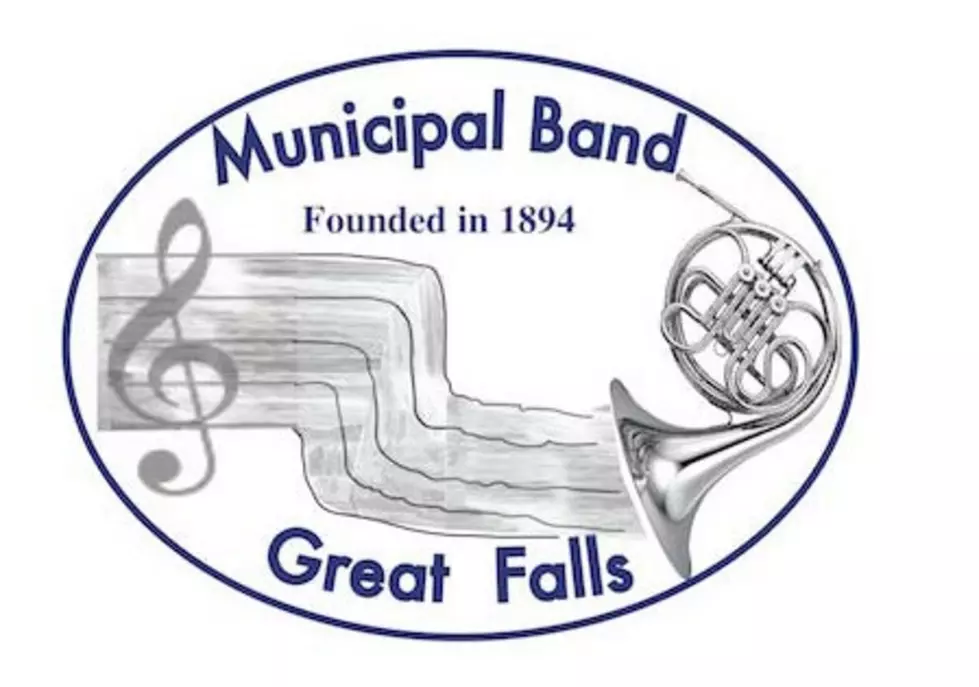
How Seriously Do You Take Your Lawn or Garden?
It's almost spring. I mean, it's got to get here at some time, right? For a lot of people, that means time to start thinking about their lawns and gardens.
Let me start off by saying I do not have a green thumb. The extent of my lawncare regimen is mowing grass, running a sprinkler system and raking leaves. Anything else, I really don't bother with unless absolutely necessary. On more than one occasion, I've given serious thought to getting rid of the grass entirely and doing something that requires less upkeep, because that would save me money on the water bill three or four months out of the year since I wouldn't be watering as much (or possibly at all).
My mother and sister are marginally more interested in the topic. They will buy the plants, put them in a pot or the ground, and let them run wild. In their words, they're after plants that "thrive on neglect".
Given what I've just admitted to, it may seem odd that I'm bringing up the subject of lawn and garden care. The truth is, while I am ambivalent on the subject, I am well aware that some people do care a great deal about it. People just beginning to take an interest in gardening or an experienced gardener who wants to learn more.
I'd like to draw your attention to the Montana Master Gardener Program, from the MSU Extension Service. It's a three-tiered program intended for a variety of purposes.
Level 1
Level 1 is the basics, and should suffice for most homeowners and home gardeners. Some of the topics include:
- Soil fertilization - Learn how to properly assess what your soil needs and buy the right fertilizer. All fertilizers are not the same!
- Vegetable gardening and growing small fruits
- Growing and Caring for Flowers
- Landscape Design, Lawns, and Irrigation
- Composting
- Tree and Shrub care
- Basic Pest Management
The Level 1 course bills itself as taking roughly 16 or more hours over an eight week period. There is also an open-book exam and a requirement of 20 hours of volunteer work. After completing all that, you're certified as a Level 1 Master Gardener.
Level 2
Level 2 appears to be geared more towards people who take their gardening seriously or are looking to make a profession out of this, such as running a nursery or a landscaping/lawncare business.
The topics expand on what was covered in Level 1, going into further detail. Pest management, plant diseases and disorders, and education on pesticides are some of the main areas of focus.
Again, after the eight weeks of classes, there is a test and volunteer hours to complete (30 this time) before certification.
Level 3
Level 3 is even more in depth, requiring both a Level 2 certification and a nomination from the local MSU Extension agent or Master Gardener Program Coordinator. Participants will travel to MSU in Bozeman for 20 hours of hands-on instruction.
If this strikes your fancy, contact your local MSU Extension agent for more details. You can find their contact information here.
6 Foods That Might Be Hard to Find in Grocery Stores in 2023
More From The River 97.9









